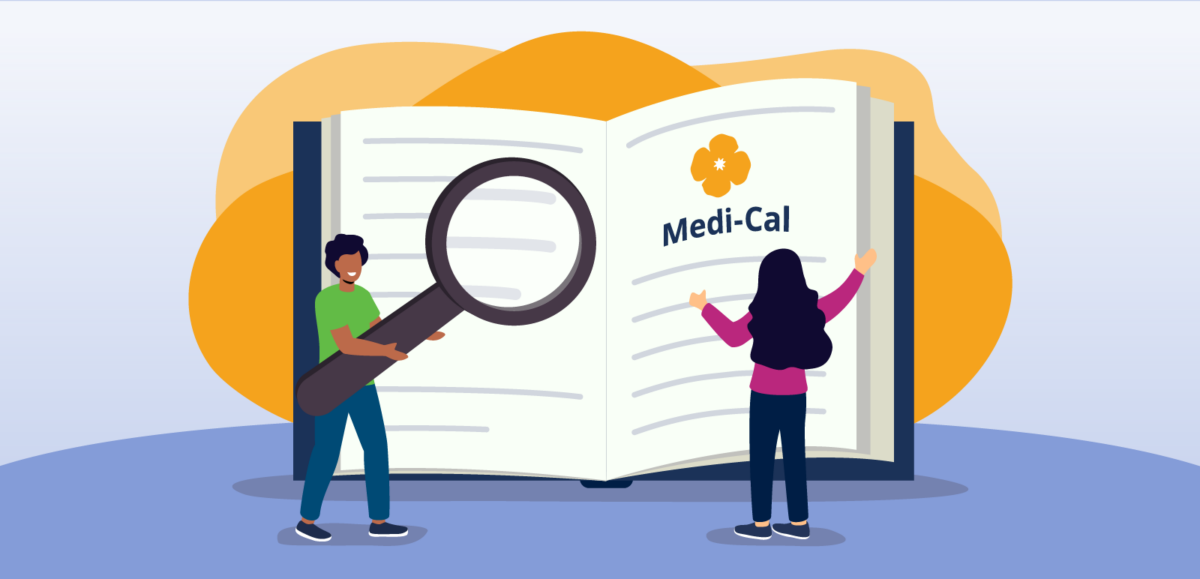
You may now be able to get Medi-Cal if you were denied before
California has changed the asset rules for Medi-Cal. As of January 1, 2024, the assets you own do not matter when you apply for Medi-Cal. Assets are the things you own, which can be counted for Medi-Cal eligibility. This can be a bank account, cash, a second car, a second house that you own, and other money resources.
If you were denied Medi-Cal in the past, you may now be able to get it. If your Medi-Cal was denied, delayed, reduced, or stopped because of your assets, you can talk to the San Francisco Medi-Cal Office (San Francisco Human Health Services Agency) and ask them to review your case.
If you have Medi-Cal now, you will not have to report your assets when it’s time to renew. This means you can save money for an emergency, for when you stop working, to buy a car, or to buy a house without your Medi-Cal eligibility changing.
*Income will still be counted for Medi-Cal eligibility.
Frequently Asked Questions
If I have Medi-Cal, do I need to do anything right now?
You do not need to do anything. When you get a Medi-Cal renewal letter in the mail, you should fill it out and return it by mail, telephone, in person, or online.
Do assets include income?
No, assets are things you own. They do not include income, such as social security, retirement payments, or monthly income.
Are income limits going away?
No, the new rule applies only to the Medi-Cal asset limits. Income limits are adjusted every year based on the Federal Poverty Levels.
Who is eligible for Medi-Cal?
You may be eligible for Medi-Cal if you:
- Live in California
- Meet income and household eligibility requirements
Learn more on the DHCS Asset Limit website at GetMedi-CalCoverage.dhcs.ca.gov.